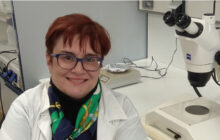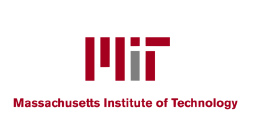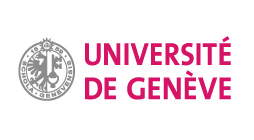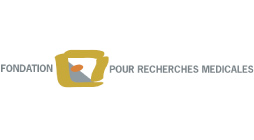Department of Materials Science and Technology, University of Crete
Institute for Electronic Structure and Laser (IESL –FORTH)
N. Plastira 100, Vassilika Vouton, 710 03 Heraklion, Crete, Greece
phone: +30 2810 39 40 95
email: mitraki@materials.uoc.gr
Web: http://www.materials.uoc.gr/en/general/personnel/mitraki.html
Anna Mitraki is Professor at the Department of Materials Science and Technology at the University of Crete and Affiliated Research Scientist at IESL-FORTH (since September 2004). She received her BS in Chemistry from the University of Thessaloniki, Greece, 1981 and her PhD in Biochemistry from the Université Paris-Sud, Orsay, France in 1986 (for work on enzyme folding, assembly and aggregation with Professor Jeannine Yon-Kahn). She subsequently was a post-doctoral associate at the Massachusetts Institute of Technology, Cambridge, MA, U.S.A. (1987-1991) and then a Research Scientist (1991-1994) (work on folding and assembly of fibrous phage proteins with Professor Jonathan King). She received her Habilitation from the Université Joseph Fourier, Grenoble, France, in 2003 for work on structure, folding and assembly of beta-structured fibrous proteins and their self-assembling peptides. She worked as Research Scientist at the Institut de Biologie Structurale in Grenoble, France (French National Research Center) from 1995 to 2004. From 2004 to 2014 she was Associate Professor at the Materials Science and Technology Department at the University of Crete ; she was promoted to Professor in 2014.
Anna Mitraki has been working for a more than 30 years on the folding, assembly and structure of natural fibrous proteins. She got interested in using these proteins as models for the design of new fibrous materials. Her current research interests include: protein folding and assembly; protein engineering and production; design and study of fibrous biomaterials; self-assembling protein and peptide materials. She is particularly interested in translating fundamental structural knowledge from natural fibrous proteins into concrete integration strategies and applications in the area of fibrous bio-nano-materials. She especially focuses on the use of amyloid peptide materials as technological objects and their integration in innovative applications. These efforts rely not only on biochemical and structural methodologies, but also on the fostering of interdisciplinary collaborations with colleagues from other disciplines (eg laser science) that develop techniques to manipulate, assemble and position these materials in a controlled manner. Moreover, in collaboration with Prof. Phanourios Tamamis at Texas A&M University she combines computational and experimental approaches towards rational peptide designs of increasing complexity. Her research interests continue to focus on adenoviral proteins and their self-assembly with particular accent on their use as transfer vehicles for small molecules, nucleic acids and enzymatic moieties targeted for delivery applications.







